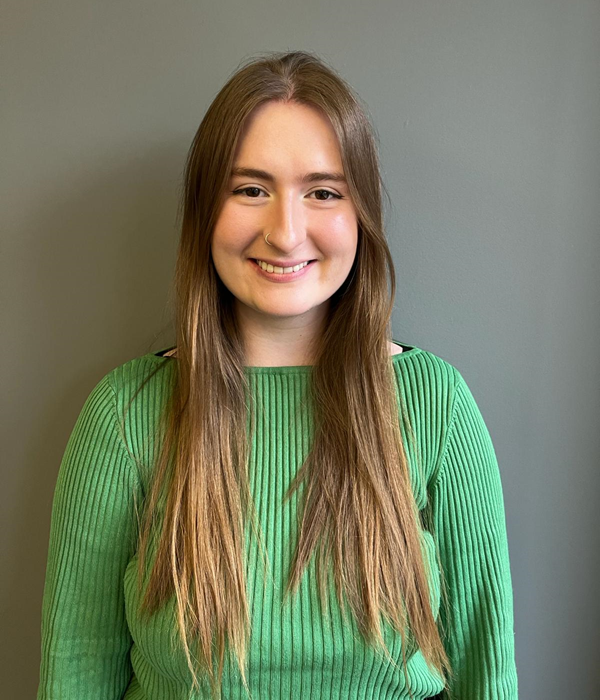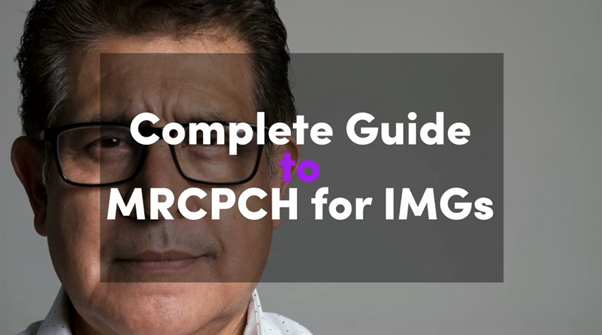EDAIC Part 2 for IMGs
31 Jan, 20238 Minutes
After getting to grips with EDAIC part one, you’ll need to shift your focus onto part two. This part is just as important if you want your full EDAIC for GMC registration!
Much like part one, EDAIC part two covers the basic sciences and clinical topics of anaesthetics, takes place in multiple locations worldwide, and is available in several languages. The difference is the way the exam is taken. It’s an oral exam, so instead of writing down your answers, you present them to examiners. This is to prove that you not only have the required anaesthesiology knowledge but that you can also apply it to real-life clinical situations.
EDAIC: Cost, Eligibility, and Overview
An EDAIC (European Diploma of Anaesthetics and Intensive Care) is a qualification international medical graduates can obtain to prove their anaesthetics knowledge and gain their GMC registration anaesthetics. The GMC registration is a crucial aspect, as you need this to be able to practice medicine in the UK. By getting your EDAIC, you could be on your way to practising anaesthetics in the NHS.
The price of EDAIC part two is €560 for the full fee. Previously, the exam had a separate fee for resits, but this is no longer the case.
The criteria for taking EDAIC part two differs from part one. Firstly, you need to have passed part one to be able to take part two of the exam – which makes sense! On top of that, you should have a specialist diploma (translated into English) and be either a certified or trainee anaesthetic. Also, if you are from Pakistan, there’s an additional requirement: you must have either the FCPS or MCPS qualification.
Why Take EDAIC Part 2?
The most obvious reason for taking EDAIC part two is that it’s the second part of the exam; if you want your EDAIC for GMC registration, you’ll need to complete part two!
Getting the full EDAIC qualification opens up doors for you as an anaesthetist, particularly when it comes to moving overseas. By passing EDAIC, you can apply for your GMC registration, which allows you to practice medicine in the UK. Working as an NHS doctor in the UK comes with tons of benefits. It provides a work-life balance, many perks (like a good pension scheme), and a high salary. Amandeep Sachdeva points out,
“Work-life balance is the best thing. Even if you work 12 PA (48) hours a week, you get ample time for yourself, your family, and leisure time to live your life the way you want to.”
When you work as an anaesthetist in the UK, you can enjoy your own time away from work and a respected, fulfilling career that showcases the best of your skills.
Now you know how vital part two is for your UK relocation plans, you should start familiarising yourself with the exam.
What Happens on the Day?
EDAIC part two is a full-day exam that comes in four parts – called vivas – that take place in the morning and the afternoon. Each viva lasts for twenty-five minutes. Viva one and two take place in the morning, while viva three and four occur in the afternoon. Before each viva, the examiners provide a written presentation (in your chosen language). You then have ten minutes to prepare your answer to show the examiners how you would handle the scenario. You’ll see eight examiners total throughout the day – two per viva. Below, you can see exactly what topics each viva covers.
Viva 1 (morning): Applied Basic Sciences
- Cardiovascular and/or respiratory physiology
- Applied pharmacology
- Applied anatomy
- Physiology and physiology/pharmacology combined
Viva 2 (morning): Applied Basic Science
- Applied pharmacology
- Applied cardiovascular and/or respiratory physiology
- Clinical measurement
- Applied pharmacology/physiology
Viva 3 (afternoon): Clinical Critical Care
- Intensive Care of Emergency Medicine Questions
- Clinical Management
- X-ray interpretation
Viva 4 (afternoon): Clinical Management of Anaesthetic Problems
- Anaesthetic problem scenario
- Internal medical topics
- ECG interpretation
- Local or regional anaesthetic
As you can see, the vivas cover a wide range of knowledge in anaesthetics. This is to ensure that those who pass become exemplary anaesthetists who can handle multiple clinical situations.
Passing EDAIC Part 2: Preparation Tips
Each viva has a total of 20 points, making 80 points the maximum number of points. You need 60 out of 80 to pass EDAIC part two. That’s not all – 25 of those points should come from viva one or two, and 25 from viva three or four. This marking system ensures those who pass have a broad knowledge of anaesthesiology instead of only being an expert in one area.
While EDAIC part one is about seeing that you know the knowledge, part two is about how you use that knowledge in real-life clinical scenarios. It’s about understanding rather than just memorising. Of course, reading books is a major part of passing EDAIC part two, but you must also focus on applying that knowledge to real-life scenarios. You also need to ensure you have the communication skills to deliver your answers with clarity and confidence.
If you can, seek a mentor or tutor and practice with them. Ask them to give you realistic clinical situations, and then present your answer as you would in the real world. Your mentor and tutor can then give you tips on how to improve.
You can also take the Viva course (VIVAC) offered by the ESAIC. This is a mock exam workshop that plays out much like the exam. For those struggling with confidence and the exam format, this can be endlessly helpful, as you’ll know exactly what to expect on exam day.
What’s Next?
If you’ve successfully completed your EDAIC exams then check out this video from our anaesthetics and ICU specialist, Alice, who explains more about the current workforce requirements in the NHS.
International medical graduates (IMGs) can apply for their GMC certification after passing EDAIC part two. This grants you access to working in the UK as an anaesthetist. So, once you’ve passed, you can start looking for NHS vacancies. At BDI Resourcing, we have plenty of resources to help you out at this stage, making the relocation process much smoother. Whether you need help with relocation packages, finding vacancies, or writing a stellar CV, you can rely on our team of experts.



